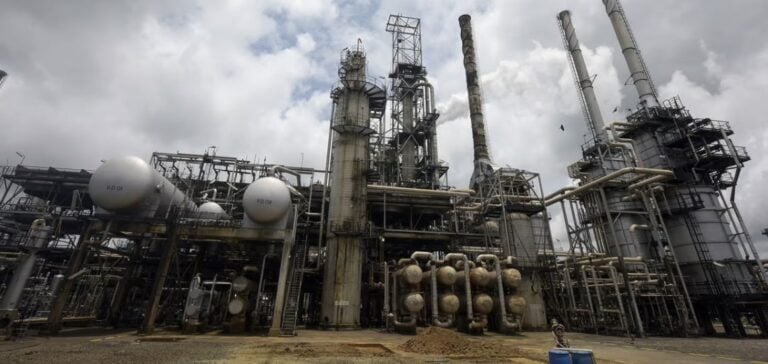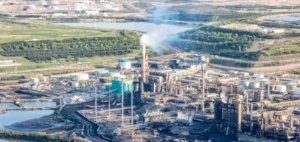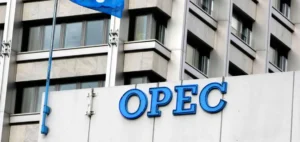The construction and modernization of refining infrastructure in Africa is experiencing unprecedented momentum, despite pessimistic forecasts regarding global profit margins. As the continent faces challenges related to increased competition and fluctuating demand, it is establishing itself as a key player in attracting global investments.
An Infrastructure in Transformation
Angola, Ghana, and the Republic of Congo are among the leading countries in this dynamic. Angola plans to open three new refineries by 2027, while the Republic of Congo and Ghana aim to add 100,000 barrels per day (b/d) to their capacity through projects backed by Chinese funding. In Uganda, a partnership with the United Arab Emirates seeks to inaugurate a first refinery in 2027, thereby strengthening local and regional capacities.
However, these ambitions face constraints. Oil price volatility, exacerbated by costly subsidies, limits profitability. For instance, Nigeria spent over $10 billion in 2022 to maintain low fuel prices, compromising alternative investments.
Strategic Investments for the Future
Demand for petroleum products in Africa continues to grow. According to S&P Global Commodity Insights, consumption is expected to rise by 50% by 2050, attracting investors from China, Russia, and the Middle East. Nigeria’s Dangote refinery, with a capacity of 650,000 b/d, exemplifies this appeal. Financed by Aliko Dangote, it highlights the impact of private investments in expanding infrastructure.
Rail corridors like Lobito in Angola, connecting Zambia and the Democratic Republic of Congo (DRC), also serve as assets to support logistics chains. These initiatives not only strengthen energy self-sufficiency but also boost intra-African trade.
Regional Challenges and Collaborative Visions
The profitability of small-scale refineries remains a challenge. In the Republic of Congo, the CORAF refinery, though unprofitable, still receives government support to maintain local supply. This approach contrasts with Namibia’s, which advocates regional cooperation to develop competitive energy hubs.
Other regional initiatives include pipeline projects between Zambia and Angola and discussions to connect Kenya, Uganda, and Rwanda. These projects aim to overcome logistical constraints and reduce distribution costs, essential for maximizing African refineries’ profitability.
Towards Sustainable Transformation
Africa is positioning itself as a “last frontier” for refining investments due to its growing demand and untapped resources. However, the success of these projects will depend on the efficiency of infrastructure, regional collaborations, and policies favoring investors.






















